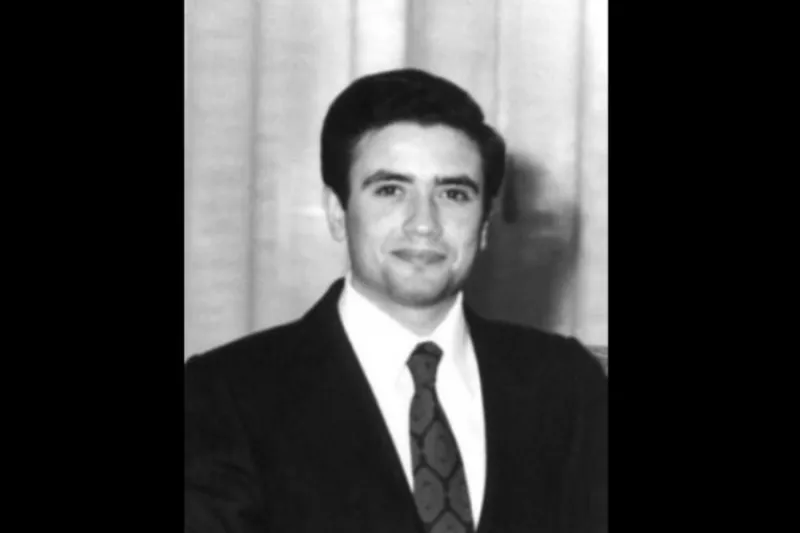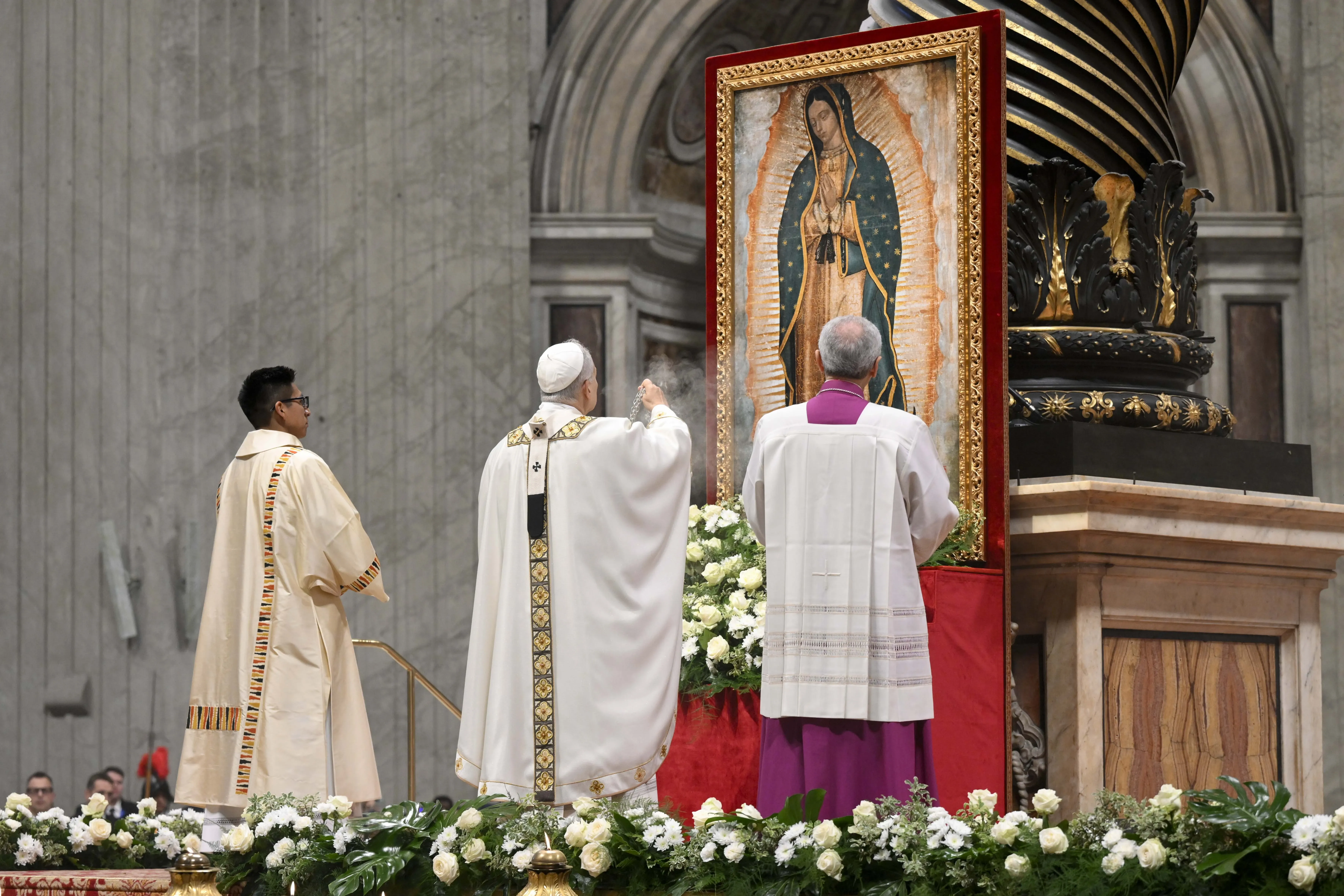“And it means strengthening the determination -- which continues to animate so many judges and members of the police on the front line against organized crime -- to want to do their duty at all costs.”
Pope Francis expressed his support this year for an initiative aimed at countering mafia organizations’ use of the figure of the Blessed Virgin Mary to promote submission to the will of the mafia boss.
A working group organized by the Pontifical International Marian Academy brought together about 40 Church and civil leaders to address the abuse of Marian devotions by mafia organizations, who use her figure to wield power and exert control.
The pope previously met with the Anti-Mafia Parliamentary Commission on the anniversary of Livatino’s death in 2017. On that occasion, he said that dismantling the mafia begins with a political commitment to social justice and economic reform.
The pope said that corrupt organizations can serve as an alternative social structure which roots itself in areas where justice and human rights are lacking. Corruption, he noted, “always finds a way to justify itself, presenting itself as the ‘normal’ condition, the solution for those who are ‘shrewd,’ the way to reach one's goals.”
(Story continues below)
On the same day that Pope Francis recognized Livatino’s martyrdom, the pope also approved a decree by the Congregation for the Causes of Saints declaring the heroic virtue of seven other people, including an Italian priest Fr. Antonio Seghezzi, who helped the resistance against the Nazis and died in Dachau in 1945.
The heroic virtue of Fr. Bernardo Antonini, an Italian priest who served as a missionary in the Soviet Union and died in Kazakhstan in 2002 was also recognized, along with a 16th century bishop of Michoacán, Vasco de Quiroga, Italian Servant of Mary Msgr. Berardino Piccinelli (1905-1984), a Polish Salesian priest Fr. Ignazio Stuchlý (1869-1953), and Spanish priest Fr. Vincent González Suárez (1817-1851).
The congregation also declared Sr. Rosa Staltari, an Italian religious sister with the Congregation Daughters of Mary, the Most Holy, Co-Redemptrix (1951-1974) to have had heroic virtue.
Before his death, Judge Livatino wrote: “Justice is necessary, but not sufficient, and can and must be overcome by the law of charity which is the law of love, love of neighbor and God.”
“And once more it will be the law of love, the vivifying strength of faith, that will solve the problem at its roots. Let’s remember Jesus’ words to the adulterous woman: ‘Let him who is without sin cast the first stone.’ By these words, he indicated the deep reason of our difficulty: sin is shadow; in order to judge there is need of light, and no man is absolute light himself.”
Courtney Mares is a Rome Correspondent for Catholic News Agency. A graduate of Harvard University, she has reported from news bureaus on three continents and was awarded the Gardner Fellowship for her work with North Korean refugees.








